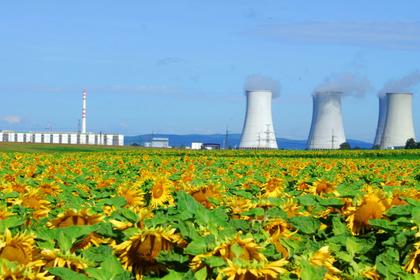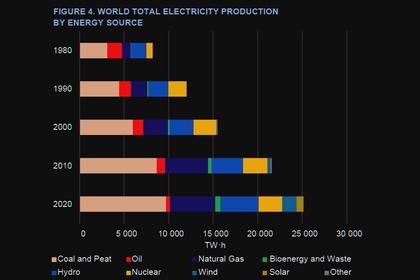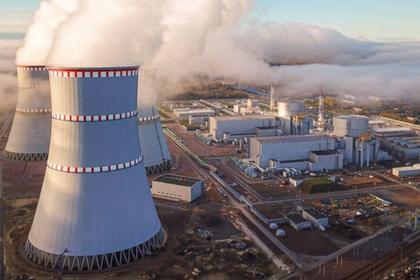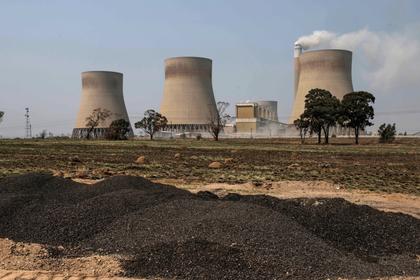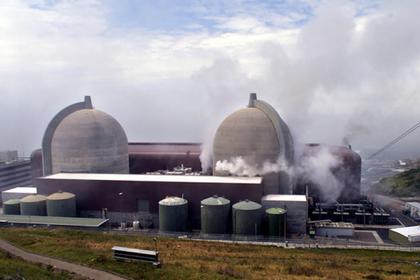
NUCLEAR FOR AFRICA
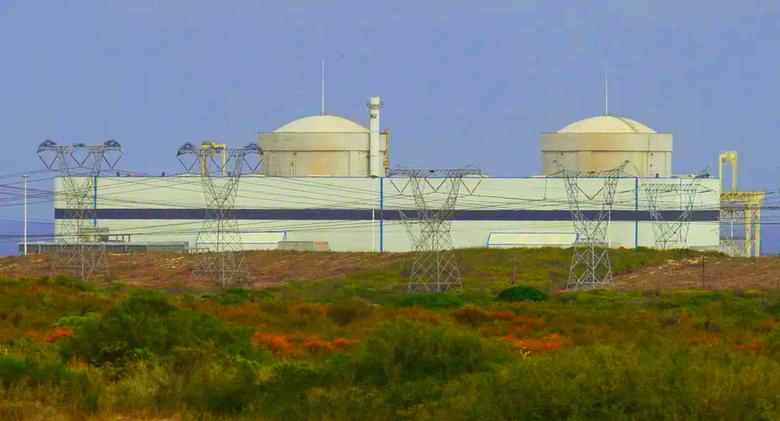
IAEA - OCT 4, 2021 - More than 160 Ministers, university chancellors, technical experts and academic leaders from 55 African countries have met IAEA counterparts to share experiences in promoting nuclear education and training, and to assess opportunities for future cooperation between Africa’s academic communities. The event, held on 23 September on the margins of the 65th IAEA General Conference, set out to examine optimal paths for promoting nuclear training and education on the Africa continent.
“How many post-graduate students are presently enrolled in nuclear sciences in Africa? How many graduates are produced each year? How do we promote research, innovation and intellectual property development on the continent? And how can we reverse the process of brain drain and promote brain gain in our region?” asked Shaukat Abdulrazak, Director of the IAEA Technical Cooperation (TC) Division for the African region.
His questions set the stage for a lively panel discussion, during which counterparts from African academic and intergovernmental institutions described their ongoing work and planned activities to support graduate-level programmes and post-graduate research in the field of nuclear science in Africa.
The safe and sustainable application of nuclear science in any industry relies on the availability of qualified managers and personnel—this is equally true in Africa’s burgeoning nuclear sector. However, bottlenecks in the delivery of training and education, and the current need to rely on non-African academic institutions, are slowing the growth of the region’s nuclear sector.
“The African youth is estimated to include some 420 million people, according to the African Development Bank, and is expected to double by 2050. Africa’s youth are, therefore, a powerful engine with the greatest potential for sustainable development, if properly harnessed,” said Mahama Ouedraogo Director of the AUC’s Department of Human Resource Development. She described how AUC works to build a corps of technically-competent staff through specialized training, mentor-mentee partnerships and entrepreneurship seminars organized at the Pan-African University’s five campuses.
The network of Regional Designated Centres (RDCs) recognized by the African Regional Cooperative Agreement (AFRA) include 32 specialized academic, clinical, industrial and laboratory institutions in more than ten African countries. Following a rigorous qualification process, these facilities have been recognized as having expertise in one of 18 fields of activity, and routinely support the regional TC programme by organizing training courses, volunteering experts and accommodating fellows.
“How do we create centres for excellence in nuclear science in Africa? We have had an excellent experience with the AFRA Regional Designated Centres, but it’s nevertheless important to expand our network of centres of excellence to promote nuclear applications, particularly in agriculture,” explained Florence Mayega Nakayiwa, Deputy Executive Secretary of RUFORUM.
To accelerate and expand the contribution of nuclear technologies to development, growth and health in Africa, the IAEA supports long-term training programmes throughout the region with the aim of cultivating a critical mass of experts ready to provide services in radiotherapy, environmental monitoring, soil management and more. Through AFRA, the IAEA has established and supported the African Network for Education in Nuclear Science and Technology (AFRA-NEST) with the objective of harmonizing nuclear science curricula and promoting effective academic cooperation throughout the region.
In addition to the academic networks it has established or fosters, the IAEA supports the development of human resources at the national level through technical cooperation fellowships and, more recently, through the IAEA Marie Sklodowska-Curie fellowship. In 2019 alone, more than 880 African fellows and scientific visitors benefitted from TC fellowships.
“My fellowship not only provided me with the opportunity to study existing and projected water resources in my country, on the basis of training I received in isotopic techniques,” said Mary Nsikanabasi Etuk, an IAEA PhD Fellow who studies the groundwater resources of Nigeria’s capital, Abuja, which is currently experiencing rapid population growth. “It also allows me to collaborate and share ideas with technical ideas in the field of isotope hydrology across the continent.”
Concluding the hour-long discussion, IAEA Deputy Director General and Head of the Department of Technical Cooperation Hua Liu encouraged the attending stakeholders and project counterparts to redouble their efforts. “The IAEA has made a strategic decision to increase long-term training opportunities in the Africa region. We are targeting more and more post-graduates at the master’s level. Demand is high. Partnerships and collaborative relationships contribute to the Agency’s programme delivery and are therefore critical to achieving results, maximizing opportunities and impact, as well as mobilizing further resources to ensure the continued provision of high-quality services to the benefit of Member States.”
-----
Earlier:

